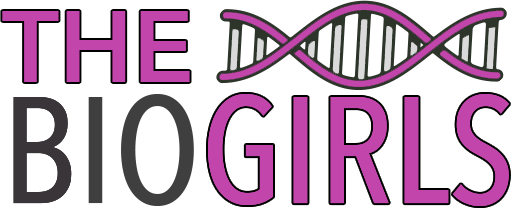Leverage your skills to create an eye-catching CV that will get you through the screening process and the interview, no matter your experience level.
Whenever I sit down at my computer and start updating my CV for the next (and never-ending) round of scholarship applications, the words of my previous supervisor always ring through my head: “You are not a pipetting monkey, explain what you contributed to the project”. This was over 5 years ago now but there is a reason this advice stuck with me.
I have reviewed numerous CVs from hopeful applicants and helped edit my colleague’s CVs. The biggest difference between a CV written from a new undergrad and a seasoned post-doc, besides the vast experience difference, is how they leverage this experience to show off their skills and strengths.
An experienced researcher knows how to highlight their contributions and accomplishments. At the end of the day, most people have the technical skills to carry out a project. Like my supervisor told me, a monkey could learn to pipette. What makes you different is your ability to take initiative, critically analyze data, and push a project forward.
Only list skills on your CV that you would be comfortable talking about during an interview
Most undergrads (usually at the recommendation of the school’s career guidance counselors) will list every skill and technique they have ever come across or briefly tried during their education on their CV. While this knowledge is important, if you can’t explain in detail how you used the technique and what it contributed to the project, then it shouldn’t be on your CV. Nothing is worse than sitting in an interview and either being unable to explain a technique or explaining it incorrectly when you’ve listed it as an asset. This also applies to any publications you are listed as a co-author. If your name is on the publication, you should know the main message of the paper and what you contributed. A surprising number of applicants aren’t able to do this, and it is a huge red flag to an interviewer. Basically, if it is on your CV, it is fair game as an interview question, so if you aren’t comfortable explaining it, don’t include it.
Describe how you used your skills to accomplish a task
Instead of creating a grocery list of techniques on your CV, try to highlight the few that you know really well. If you took a lab course or completed a research internship/co-op placement in a lab, highlight the techniques that you used in the context of the project that you used them. Try to include specific details of the project. For example, instead of saying the you “have flow cytometry experience”, say that you “developed and optimized a panel of 10 markers to study the expression of exhaustion markers on T cells by flow cytometry”. This not only highlights that you know the technique, but also that you understood how and why the technique was used in the context of the project.
Include other (non-research related) skills and experiences that show who you are as a person
Besides your research experience, include other work experience, volunteer work, awards, presentations, publications, and extracurricular accomplishments. Even though these aren’t necessarily research-focused, they are critical for showing other skills your research experience may not. For example, if you have experience in a part-time job, this demonstrates time-management, initiative, and responsibility. If you are athletic and compete at a high level, this demonstrates ambition, perseverance, and a good work ethic. Listing these skills is especially important if you are new to research. Show that you are a well-rounded and promising candidate, and what you lack for in experience you can learn.

Tailor your CV to your audience
While you write your CV, be mindful of how the CV will be screened during the application process. You want your CV to be stand out whether it is filtered through an automated process or by a busy human resources department employee with a stack of hundreds of CVs. A good way to get past this stage is to use keywords from the job description itself in your CV.
Your CV not only has to make it past the screening process, but it also needs to be readable to anybody who may be evaluating it. It should provide valuable information about your experience to an expert in the field, but still be understandable to a non-expert. Being descriptive while avoiding science jargon and acronyms can help make your CV accessible to anybody in the hiring process.
Show off what YOU can bring to the job!
In the end, your CV should read as a description of how you contributed to the projects that you have worked on. Emphasize your ability to think and complete a project, over your ability to carry out techniques. Use your non-research related experiences to highlight other strengths your research experience might not. Remember, you aren’t a pipetting monkey, show off what YOU can bring to the job!











